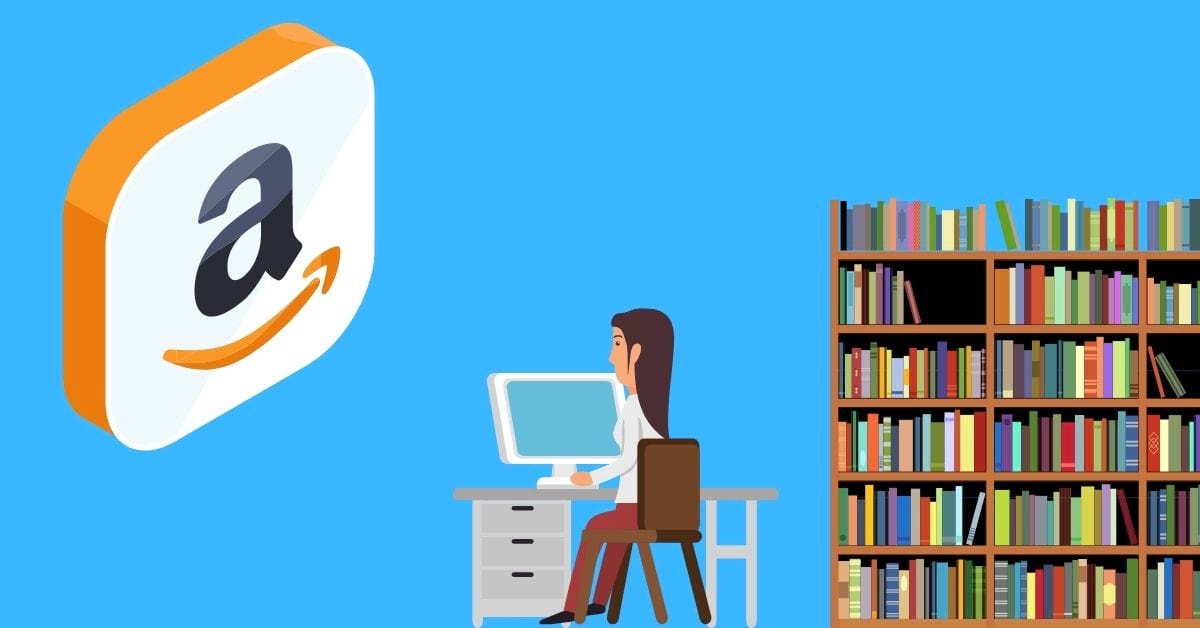The reaction to the filing of the DoJ’s antitrust suit was predictable. Among other things, the DOJ has been accused of working for Amazon, helping them to “destroy the publishing industry.”
If you want to sample the mindset I’m referring to, simply visit the comments of any article on the matter in the trade press – although this vocal group are strangely absent from the comments of articles such as this one describing publishers’ (alleged!) attempts to cover up their actions by deleting emails.
This post is from 16 April 2012. It has not been updated except to clean up broken links but the comments remain open.
I’m not sure when “the publishing industry” become exclusively synonymous with the largest publishers. I’m not sure when their narrow interests became everyone’s interests, because what’s good for Penguin isn’t necessarily good for writers, small presses, or indie bookstores.
The publishers named in the suit claim that Agency was/is necessary for competition. In Penguin’s statement released after the antitrust suit was filed, their global CEO John Makinson said “the agency model is the one that offers consumers the prospect of an open and competitive market for e-books.”
John Sargent, the CEO of Macmillan, said that his company “changed to the agency model […] to support an open and competitive market for the future.”
These publishers may claim to be fighting the Apple antitrust suit in the name of competition, but the truth is they don’t want competition at all. They just want the faux-competition between themselves that was the status quo before the digital revolution.
One of the reasons large publishers were desperate to switch to Agency – even to the point of (allegedly!) breaking the law – was they knew that Agency would lead to higher e-book prices.
In case there is any doubt about that, this was confirmed by Steve Jobs. In his authorized biography, Jobs says (and these words are repeated in the DoJ’s complaint):
We’ll go to [an] agency model, where [publishers] set the price, and we get our 30%, and yes, the customer pays a little more, but that’s what [publishers] want anyway.
Why did the large publishers want higher e-book prices? Well, it’s simple. They were desperate to protect print sales and slow the changeover to digital (and to keep readers frequenting bricks and mortar bookstores for as long as possible).
I laid out that particular argument back in December, but, in case there is any doubt, let me quote from that piece:
Evan Schnittman – Bloomsbury’s worldwide MD of Sales and Marketing, Print and Digital – was speaking at The Bookseller’s Futurebook conference in London, when he said, “For every print book we lose to an e-book, we lose money.”
A few days before that, in an article in the New York Times on the recent spate of high-quality hardbacks from large publishers, Nan Graham – Senior VP and Editor-in-Chief at Scribner – said: “We hoped that a handsome object would slow the migration to e-book for [Stephen] King.”
In a print world, large publishers control distribution. They control (most of) the slots in chain stores, airport stores, box stores, and supermarkets, as well as the co-op therein.
In a digital world, they lose that control. There is less co-op, there is a level playing field for titles not from the large publishers, and, as a result, much more competition.
Be under no illusion, self-publishers and small publishers are providing stern competition. The inroads they have made onto the Amazon bestseller list are well documented. Indeed, as I have pointed out many times, if you drill down to the genres that went digital first, this phenomenon becomes even more apparent (a recent data mining survey showed that self-publishers had captured 66.1% of the Kindle Top 100 Science Fiction spots).
Once you understand this, it’s a lot easier to decode other statements.
When large publishers say that the discoverability puzzle hasn’t been solved online, they are really expressing despair at retailers recommending books not published by them.
When large publishers say that online retailers haven’t matched the experience of buying in physical stores, they mean that they wish there was some way to relegate all that horrid self-published work to the rear (or, preferably, the warehouse), and have tables out front piled high with Dan Brown, Jonathan Franzen, and Snooki.
When large publishers say they are coming together to form a community for readers to help them find great books, what they really mean is they want to limit the discoverability of new books to titles they publish.
They don’t want to be fighting for reader attention and dollars with a horde of small publishers and self-publishers (who keep their overheads low and can price cheaply). They pine for the pre-digital world where they had a lock on distribution.
In short, they don’t want competition.
And, while we are talking about the pre-digital world, we shouldn’t forget the large publishers actions in the 1990s where they illegally offered exclusive deep discounts to big retailers like Barnes & Noble, screwing indie bookstores (a practice that continues in other territories, where it is legal).
The reason for this favoritism is simple. Barnes & Noble plays the game. They reserve the spotlight (almost exclusively) for titles from large publishers. Those troublesome indie bookstores have a nasty habit of recommending books that Manhattan haven’t anointed.
When it suited large publishers to screw indie bookstores, they had no qualms in doing so. Now it suits them to shed crocodile tears for the fate of those same indie stores as much of book-buying goes digital. I’m sorry, but I call bullshit.
It also suits the narrow interests of large publishers to criticize Amazon – or, to be more accurate, to feed anti-Amazon stories to reporters (make sure to read the comments), and then let their proxies endless repeat the same zombie memes.
The next time that large publishers, or their proxies, complain about “monopolistic” Amazon, remember the true reason for their hatred.
They hate that Amazon isn’t deferential, and refuses to hand over whatever co-op they want at whatever price they want.
They hate that Amazon won’t build them storefronts to obscure all those pesky books from small publishers and self-publishers.
They hate that Amazon is offering competition for writers’ content in the form of a viable self-publishing platform and progressive, author-friendly imprints.
They dearly wish that Amazon would be more like Barnes & Noble and remember their “place” in the traditional order (below publishers).
They dream of Amazon’s recommendation engine being more like that of Barnes & Noble, which is clearly tilted towards large publishers.
But that’s never going to happen.
Amazon will always recommend to readers the books they are most likely to buy – whoever published them.
Amazon’s system will even recommend a book by Scott Turow, or one published by Macmillan, over one published by their own imprints if they think that is what the customer is most likely to purchase.
This agnostic recommendation engine has, for the first time, created true competition. And the large publishers hate it.

